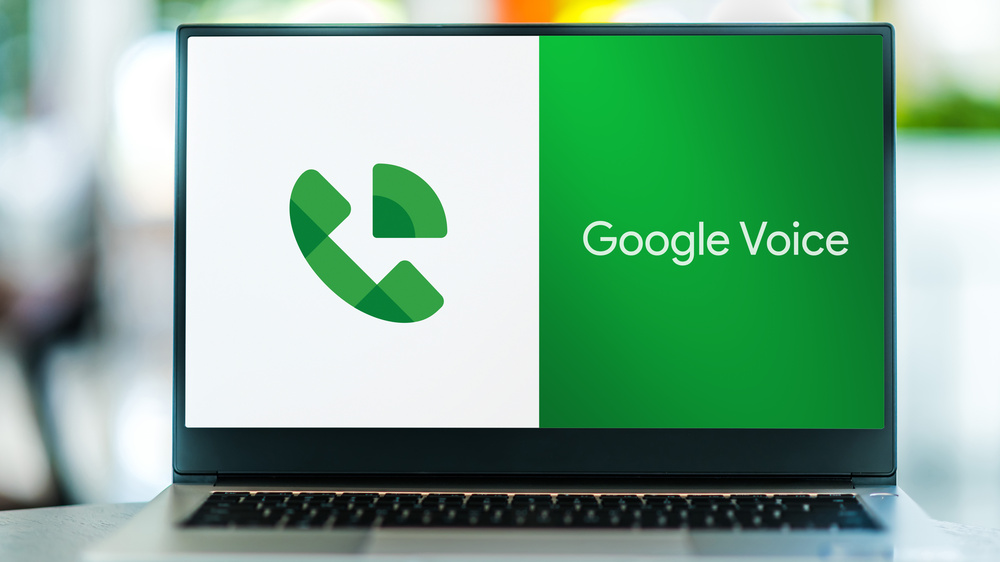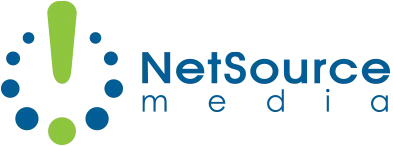Know the Signs to Sidestep Facebook Marketplace Scammers
The holiday season is in full swing, and its the busiest season of the year when it comes to online shopping. While cyber deals are everywhere, so are cyber crooks. In fact, the festive season brings with it tidings of cybercrime and Facebook Marketplace scammers. Though spam has become part of our everyday lives, phishing emails and texts are more prevalent during the holidays as fraudulent efforts are ramped up. So, we’ve compiled some important tips for our dealership clients to avoid victimization, especially when it comes scammers on Facebook Marketplace.
Whether you are one of clients or not, you likely know the importance of online exposure. At NetSource Media, we offer website solutions for RV dealers as well as solutions for trailer, powersports and marine dealerships. In addition to classified solutions, NetSource Media offers unique banner ad, lead generation, email marketing and Social Media marketing options.
When it comes to Social Media and Social Networking, we know that many of our clients are active on Facebook. While we are still adjusting to the recent changes to dealership Facebook ads, some dealership employees have taken to individually posting units to Facebook Marketplace. While this is a great way to adjust to the policy changes, it often comes with risks as fraudsters are also using this platform. So, continue reading to learn how to recognize common signs of Facebook Marketplace scammers.
Facebook Marketplace Scammers & Schemes
Overpaying the Seller for Partial Refunds
You are probably aware of the risk of unknown buyers attempting to make purchases with stolen credit cards, and this scheme is an adaptation of that. This scam happens when a buyer “accidentally” makes a payment over the purchase price and thus requests a partial refund. The scam is successful if the seller returns the overage amount but later finds out that the original payment is declined. Thus, the seller is scammed and is consequently out the returned amount. To prevent this, if you receive an overpayment, simply decline the charge. Instead, ask the buyer to send you the correct amount. If they buyer is not amicable to this, they are likely a scammer.

Google Voice Scams
This is a relatively new scheme in fraudland, where scammers target people that post on Facebook Marketplace by asking them to verify that it’s a real listing. They will send you a text message and ask you for a verification code. However, once they have that code, they can use your phone number to link it to a Google Voice number. Consequently, they will then use this Voice number to conceal their identity and scam other people.
You should never share verification codes with anybody from Marketplace, especially if you did not contact them first. However, if this has happened to you, you can report it at ReportFraud.ftc.gov. Additionally, you can also reclaim your Voice number to mitigate further damage.
Zelle, Venmo & CashApp Scams on Facebook Marketplace
Another way that scammers on Facebook Marketplace target sellers is through money transfer app scams. Because Facebook’s Purchase Protection policies only cover payments made through Facebook Checkout, there is no guarantee seller’s will be protected if the transaction falls apart. Scammers will try to receive payments outside of Facebook’s official channels since they are less protected.
Again, these scammers can pull the “overpayment” scheme or can even try another spoofing attack for a login verification code. Spoofing happens when scammers use phone numbers and accounts that are similar to those of trusted in your caller ID or local numbers. These scams are often asking for donations to charities or are asking for information to “update your account.” Learn more about how you can avoid spoofing scams at fcc.gov/spoofing.
To lessen the risk with these scams, limit accepting payment from users on Facebook Marketplace through Zelle, Venmo and CashApp. We recommend always sticking to more secure payment options like PayPal or Facebook Checkout instead. Or, you could require all payments in person at your dealership.

Phishing Attacks
First, it’s important to acknowledge the ways in which Facebook Marketplace scammers will target businesses and individuals. One way this happens is with phishing attacks. Phishing is when scammers present themselves as reputable companies to get your personal information such as login credentials or credit card numbers.
One example we’ve known our clients to deal with are fraudulent claims regarding Facebook ads being reported or being against Facebook policies and threats to disable the account. Another scam our dealership clients might be impacted by is when phishers target companies based off their subscription renewals.
So, if you receive a direct message or an email from “Facebook” or “Meta” saying your account is being disabled, make sure and look closely at the sender. Do not click on any links or input any information before confirming the sender is legitimate as this could sneak malware onto your computer. Instead, log in to your account directly through your browser to verify the message.

How to Avoid Facebook Marketplace Scammers & Phishing Attacks
- Be knowledgeable about trending scams and know the warning signs.
- Don’t share sensitive information such as bank accounts, credit cards or verification codes.
- Do your research and verify your sources before engaging with any message or buyer.
- Only accept official payment methods and decline overpayments.
- Avoid clicking on any suspicious links. Log into Facebook or any subscription services directly from the browser. Do not follow links and never send any payments or enter any personal information outside of the direct site.
- Ensure your devices are protected with a reliable antivirus software.
Overall, posting on Facebook Marketplace can be highly effective for dealers if you are careful and knowledgeable about scammers. Remember to follow our tips to avoid Facebook Marketplace Scammers and protect your business. And, if you are looking to expand your marketing efforts, turn to the experts at NetSource Media.
We always recommend Facebook AIA for dealerships as a way to increase your leads from Meta platforms like Facebook and Instagram. You can read our blog to learn more about how to run successful AIA on Facebook. Chat with us to learn how we can help you find your social media solution!

